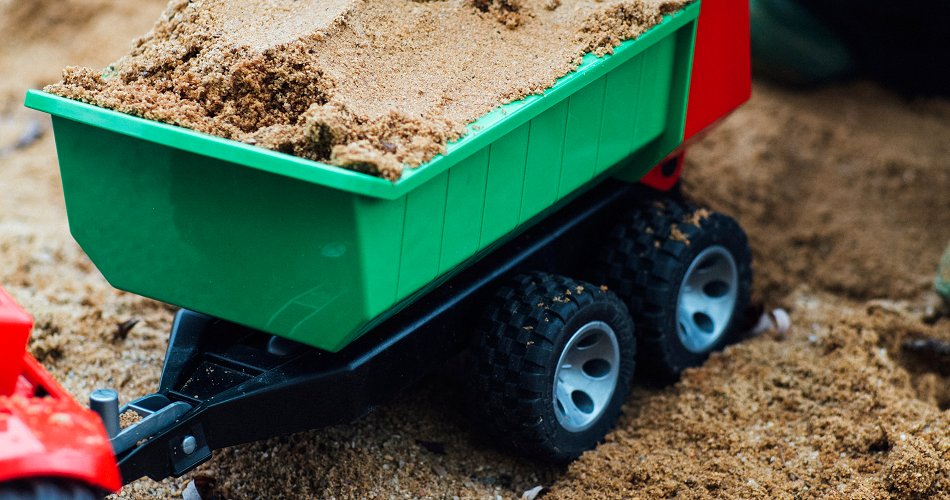The Importance of Play for Your Child’s Well-being
Published on 26th June, 2023 by Abelle Wee

“Play is a child’s natural dominant learning approach and contributes to their knowledge and skill development across the cognitive, social/ emotional, creative and physical domains, while also providing a solid foundation for future learning” (Uren and Stagnitti, 2009)
Much research has pointed out that play is essential for the development of motor skills, cognition, language and social skills, and emotional well-being in children. As many experiences in the world are novel to a child, play helps them to develop confidence and competencies to navigate these terrains by mastering new skills, overcoming their fears, and a practice field to prepare for adult life – all in the safety of their play environment.
Through play, children begin to problem-solve and build resilience to face future challenges. Child-led play allows them to go at a pace that is comfortable and teaches them how to make decisions. Group play promotes negotiation skills, learn how to resolve conflicts, foster cooperation, and develop self-advocacy skills (Ginsburg, 2007). This further promotes social language used to interact with their peers such as learning how to use different tones and sounds to regulate their speech while expanding on new vocabulary. They also begin to identify non-verbal cues such as body language, facial expressions, and gestures - which supports perspective taking and empathy.
Play is also important in physical development. By exploring the use of their body, children learn how to use their body to create new movements and further refine existing gross and fine motor skills. This supports sensory nutrition for the brain and enhances sensory processing that help children understand and respond to their world better. For more information on sensory processing, please refer to this article (insert link to psych connect article).
How Occupational Therapists support Play development and use Play for intervention:
Play is the occupation of a child and acknowledged by Occupational Therapists as an essential focus when working with children and their families. It is both a means and the end goal as Play drives learning in early childhood and extends to school-aged youths. By working with your child, their families and schools, our Occupational therapist here at Psych Connect will design an individualised context-focused interventions to further develop play skills, playfulness, and participation. We also utilise play as a therapeutic modality to support occupational development for other areas, creating a purpose-driven and fun learning environment for your child.



